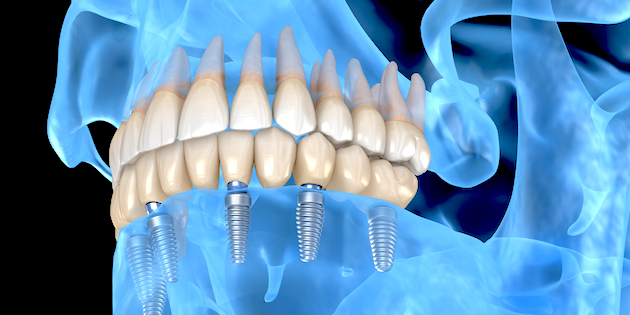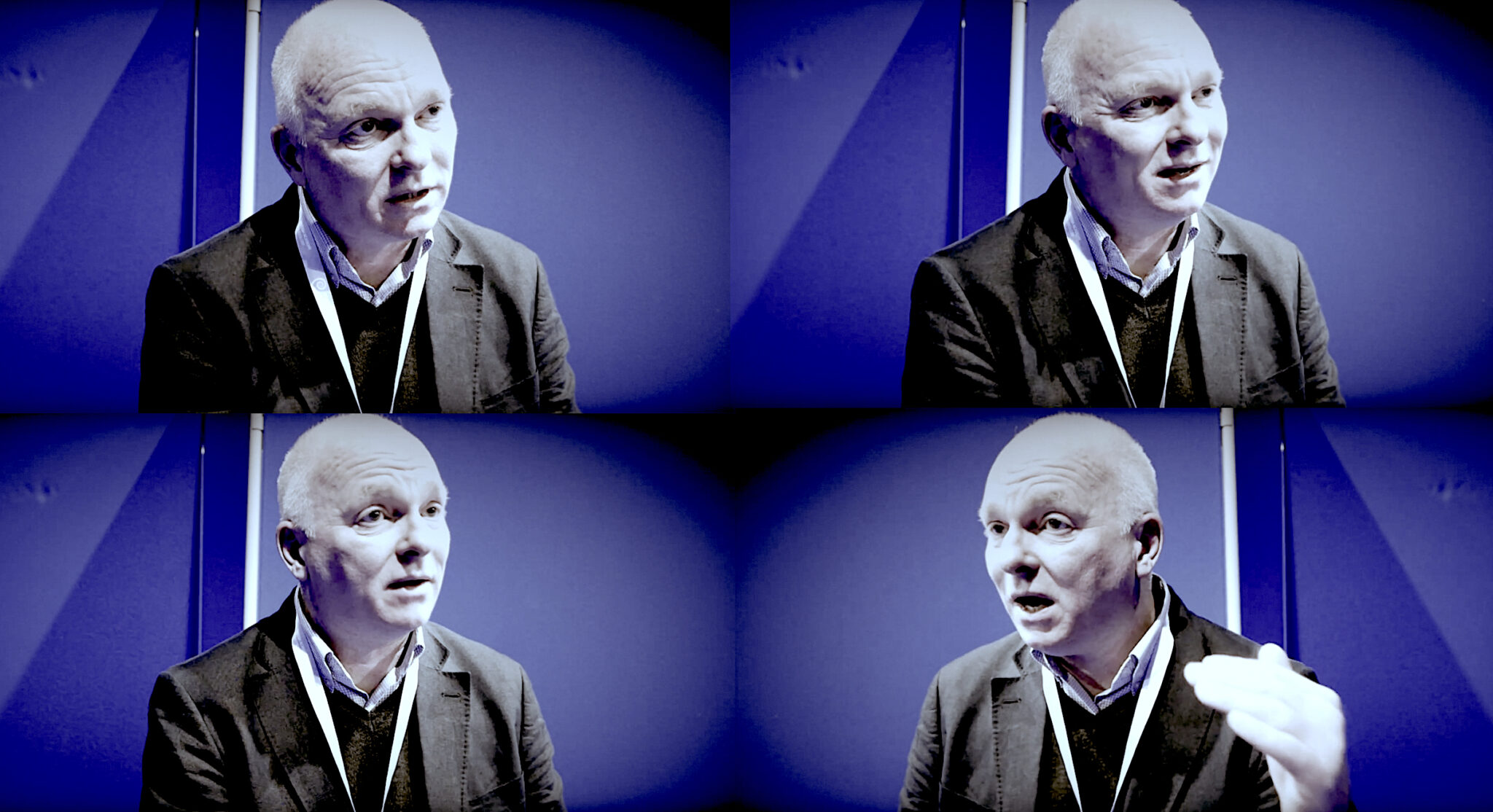New study increases feasibility of dental implants housing hearing aids
Dental implants could be excellent in housing a potential bone conduction (BC) hearing assistive device in the mouth, according to a newly published study by researchers at China's prestigious Tongji University, Shanghai.

Previous work investigating the conduction properties of natural teeth has shown that they work well in conducting sound through the mandibular bone of the jaw and on to the inner ear. And acoustic efficiency and safety has been demonstrated in devices clipped to a tooth. But this latest study, published in The Journal of the Acoustical Society of America has provided evidence that modern dental implants, which are connected to the alveolar bone by osseointegration, can conduct sound to the jaw as well – or better – than natural teeth.
The Tongji research team achieved positive results from applying vibrations to the implants of 38 subjects, comparing the implant outcomes with vibrations applied to subjects’ natural teeth and mastoid bones (used by traditional bone conduciton devices).
The mouth is a better place to ‘hide’ a hearing aid
“Unique advantages” of this developing tech were underlined by the authors of the paper. In addition to good comfort and improved sound quality, they emphasise the “excellent concealment” benefit of integrating a hearing device in a tooth implant. If the technology develops, dentists could one day become part of the professional team that restores hearing to people with hearing loss.
Specific study observations
Among the specifics of this Tongji research was the finding that frontal dental implants seemed to work a little better than those located in the posterior mandible, possibly because the bone in the anterior section is harder.
Interestingly, teeth and implants in the lower jaw (mandible) worked just as well as those in the upper jaw (maxilla). And the BC threshold of anterior dental implants was significantly lower than that of posterior dental implants.
In publishing their research, the study authors affirm that “with the continuous improvement of technologies, dental implant hearing aids are expected to be widely used in military, medical, daily life, and other settings.”
Source: Journal of the Acoustical Society of America


